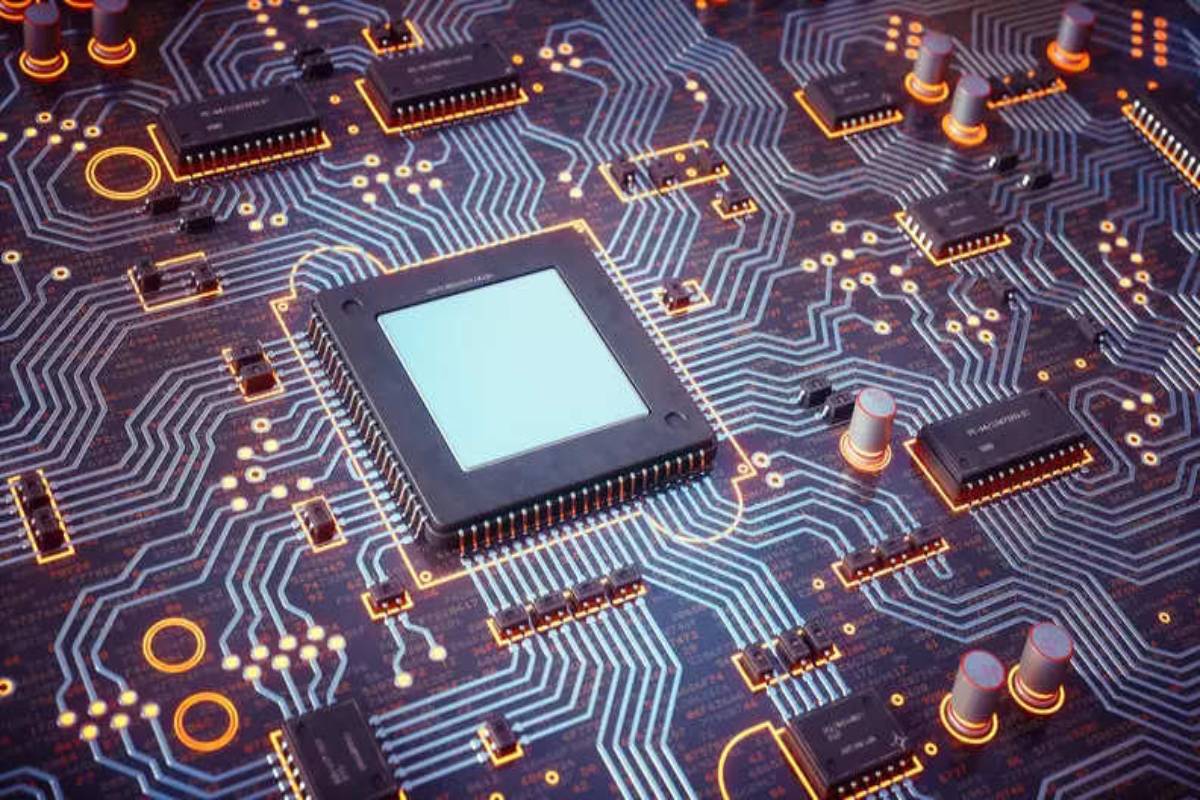The second day of the SemiconIndia 2023 Conference witnessed discussions and deliberations as India showcased its growing commitment to the semiconductor industry.
The three-day event, graced by the presence of Union Minister of State for Electronics & IT and Skill Development & Entrepreneurship, Rajeev Chandrasekhar, served as a platform for industry leaders, academics, and government representatives to strategize India’s path towards a robust, vibrant, and competitive presence in the global semiconductor ecosystem, read Ministry of Electronics & IT press release. Rajeev Chandrasekhar highlighted the significant progress made by India under the visionary leadership of Prime Minister Narendra Modi.
Advertisement
He spoke about the country’s semiconductor ambitions and how India is making rapid strides in the sector.
The conference featured multiple sessions focusing on diverse aspects of the semiconductor industry, with the spotlight on Next-Gen Computing, semiconductor packaging, future designs, and investment opportunities.
Industry stalwarts and experts shared their views, experiences, and innovative solutions to foster growth and development in India’s semiconductor landscape.
In the session on Next-Gen Computing, Balaji Baktha, CEO of Ventana MicroSystems, shed light on digital autonomy and sovereign data centre infrastructure powered by RISC-V.
Raja Koduri, CEO of Mihira AI, provided valuable insights into the future of computing, particularly emphasizing the potential of startups and the significance of time and financial resources.
Panel discussions were organized to deliberate on crucial themes like semiconductor packaging. Distinguished panellists, including Gursharan Singh of Micron Technology, Jeffery Chun of Simmtech, Noboru Yoshinaga of Disco, and Raja Vinay of Air Liquide, engaged in discussions about Micron’s Assembly, Testing, Marking, and Packaging (ATMP) plant’s supply chain strategy and roadmap in India, added the release.
The panel emphasized the role of packaging research and innovation in driving future semiconductor performance and the potential of large-scale R&D in India.
The “Next-generation designs” session brought to light cutting-edge advancements and future possibilities in the semiconductor industry.
Lars Reger of NXP Semiconductors focused on the growth of autonomous and Electric Vehicles (EVs) in India, with particular emphasis on software and digital twin technologies that aim to create smartphone-like experiences for charging and driving.
Industry leaders from major semiconductor companies, including Anand Ramamoorthy of Micron Technology, Navin Bishnoi of Marvell, Hitesh Garg of NXP Semiconductors, Malini Narayanamoorthi of Renesas, Balajee Sowrirajan of Samsung Semiconductor India R&D Center, and Neel Gala of InCore Semiconductors, delved into the role of emerging designs in driving fab loading, custom computing for AI and data centres and the growth potential in the automotive industry, read the release.
The panel discussion on future design and investment opportunities in India, steered by Vinod Dham, delved into strengthening India’s position in the semiconductor industry.
Panellists, including Gautam Singh of Fermionic Design, Rakesh Malik of Vervesemi Microelectronics, Deepak Shapeti of Morphing Machines, Jyothis Indirabhai of Netrasemi, Narayana Rao of Accord Software & Systems, and Vinayak Dalmia of DV2JS Innovation, emphasized the importance of chip design, packaging, testing, and supply chains in driving India’s semiconductor growth with strong government support.
The conference also explored investment opportunities in the Indian semiconductor ecosystem. Gani Subramaniam of Celesta Capital and Sudipto Sannigrahi of Matrix Partners highlighted the historical and current interest in semiconductor startups.
Sateesh Andra of Endiya Partners emphasized that the lack of capital is not a hindrance as talent inevitably attracts funding, while Rama Bethmangalkar of Qualcomm Ventures praised the government’s efforts in supporting hardware accelerator and mentorship programs.
Key discussions were also centred around the roadmap for India Semiconductor Research Centre (ISRC), aiming to establish a world-class research institution driving innovation in advanced semiconductor and packaging technologies, added the release.
Mukesh Khare of IBM Semiconductors, Tummala Rao of Georgia Tech, Ajay Sood, Principal Scientific Advisor to the Government of India, Sri Samavedam SVP of IMEC, and Surinder Singh, Former Director of SCL, explored the possibilities and vision of ISRC’s academic, industrial, and volume manufacturing components.











